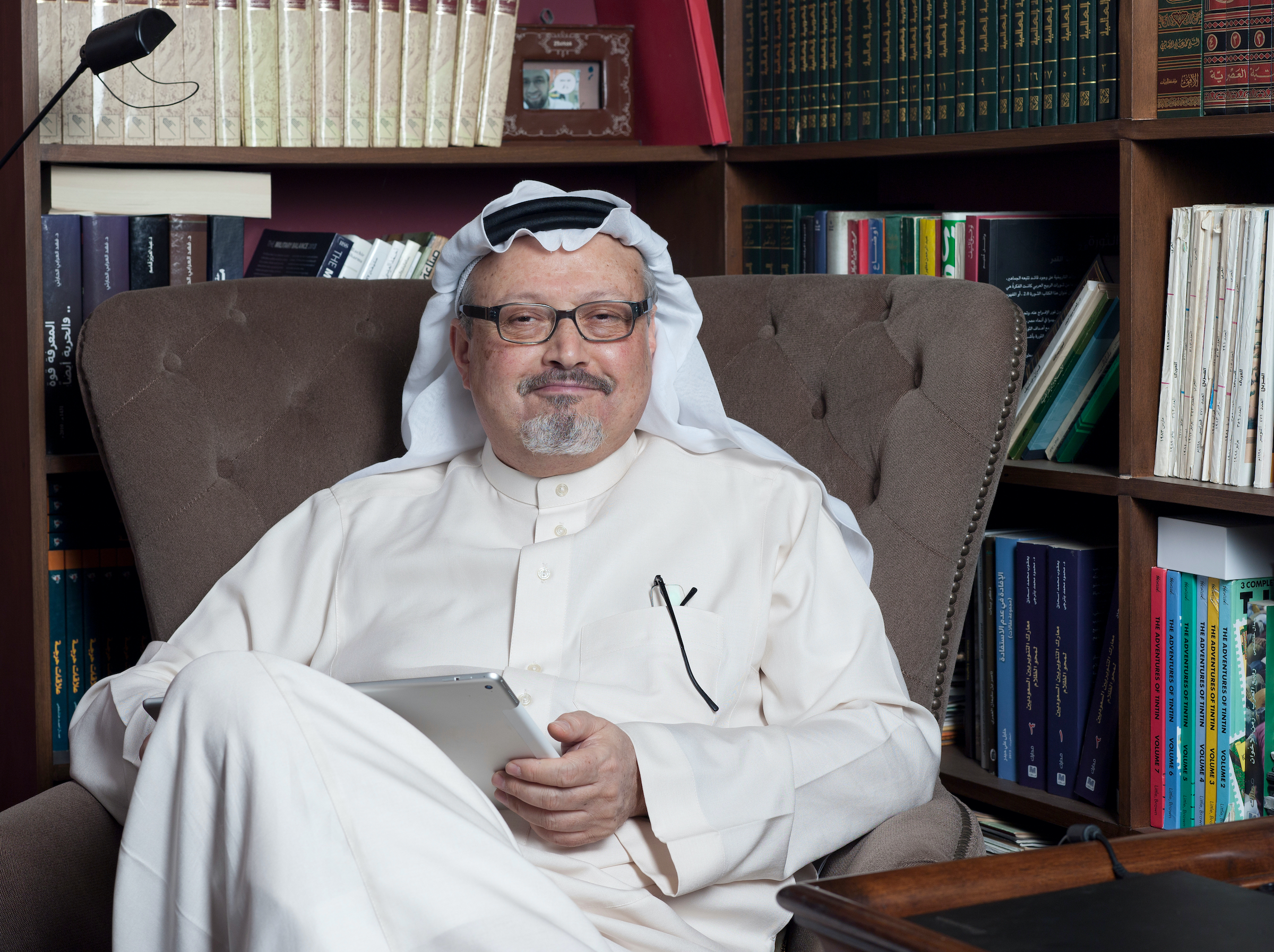In his final column before his death, Jamal Khashoggi published "What the Arab World Needs Most is Free Expression." In his impassioned essay, Khashoggi outlined a picture of a region facing rising totalitarianism, characterized by increasing crackdowns on political dissent and the silencing and manipulation of the press. These trends, Khashoggi warned, serve to compound the power of autocratic regimes, leaving entire Arabic-speaking populations "uninformed or misinformed" and ill-equipped to define, or resist, their own oppression.
At the time of his murder, Khashoggi was in the early stages of a series of projects aimed at remedying this issue. Since his passing, numerous Arab activists, including former colleagues of Khashoggi's, have taken up his vision for a new, democratic Arab press. At the same time, many of these individuals have faced direct threats from authoritarian regimes, including Saudi Arabia, which has targeted several of Khashoggi's colleagues as far as Norway and Canada. Meanwhile, numerous activists, reformers, and moderates remain incommunicado inside Saudi prisons, even as neighboring regimes such as Egypt and Syria continue their own relentless assaults on free press. In this project, Sarah Aziza reports on the network of resistance among Arab dissidents abroad, the precarious state of journalism in the region, and the ongoing fight for freedom of speech in the Arab world.





